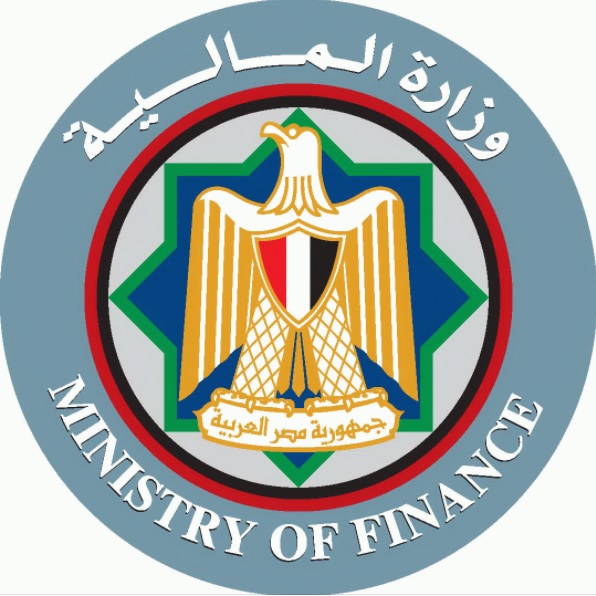A state of anger is prevailing in the ranks of police secretaries in Egypt, whom the sources described as “the backbone of the Ministry of the Interior,” and its mainstay.
This anger is due to a set of decisions and directives recommended by the National Security Agency and finally approved by Interior Minister Mahmoud Tawfiq, primarily related to police secretaries and their negative impact on the ministry’s image.
The decisions included stopping work on some of the amendments introduced by the House of Representatives in May 2012 to the Police Authority Law, related to organising officers and individuals’ employment affairs and the rules for their appointment, movement, and promotions.
The most prominent of these amendments was abolishing police secretaries’ military trials as a constitutional violation since the police are a “civil body.” The amendments also introduced a new category within the Police Authority members, which is the Honour Officers category, through which police secretaries who have excelled in work are promoted to the rank of honour officer. The recommendation of the National Security Command came to an “unannounced” moratorium, to work with the rank of honour officer for police secretaries, to preserve the societal image of Egyptian police officers.
Sources attributed the reason to the practices of police secretaries. Many of them take bribes from citizens and harm the police officer’s mental image in other behaviours and manifestations. The unannounced decisions included not raising the job status of police secretaries who complete their university studies, obtaining a Bachelor’s degree in law, and transferring them to the cadre of officers with the rank of lieutenant. This was a custom that has been ongoing within the ministry for decades, and through it, many police secretaries have been promoted to the rank of officer.
The decisions also included not allowing the sons of police secretaries to join the Police Academy, for reasons described as social. These decisions caused a state of turmoil among the group of police secretaries, who see themselves as the “basis of the ministry,” and that they are the ones who endure the crises caused by the officers, not the other way around.
Most police secretaries control the ministry departments’ areas of work through their relations with citizens and popular leaders. This comes in contrast to the virtual roles that officers play, which are mostly based on appearances only, according to what has been reported by police secretaries. With these amendments, the police secretaries do not have the option to enroll their children to work within the ministry, except for their enrollment in the Institute of Police Secretaries or in civil work within the ministry.
The 2012 parliament approved a set of amendments that would ensure equality between all citizens and the governorates in enrollment at the Police College. It remained restricted to specific social classes and prevented Sinai residents from joining it in the past. It is noteworthy that in 2016, a security force from the Ministry of Interior arrested seven police secretaries, members of the so-called Police Coalition at the time, as they entered Media Production City to appear on a TV programme about the secretaries’ problems and crises. This happened in the wake of a sit-in organised by police secretaries in the Sharqiya Security Directorate, which was what their colleague (police secretaries) faced at the time.
The category of police secretaries in Egypt has been associated with a lot of confusion since its inception during Sharawi Gomaa’s era, the Minister of Interior during the rule of late President Gamal Abdel Nasser. Police secretaries’ stated purpose was to provide educated policemen to balance the matter between the then illiterate majority and the peasants who formed the Ministry of Interior’s backbone. But the truth is that the establishment of the Institute of Police Trustees was a step in the framework of Nasser’s efforts to contain the army and the formation of a second force that could protect the regime from the military’s vicissitudes leadership.
The Ministry of the Interior has swelled, and with it, the number of police secretaries has grown to 100,000, that is, twice the number of officers registered in the Ministry of Interior whose working personnel exceeded 400,000. The total number reaches more than a million individuals in a ministry that has come to dominate all government departments, and its centres and divisions are spread over all Egyptian lands, in what constitutes what is known among Egyptians as “the state of police secretaries.”





Recent Comments